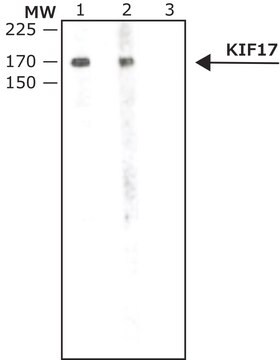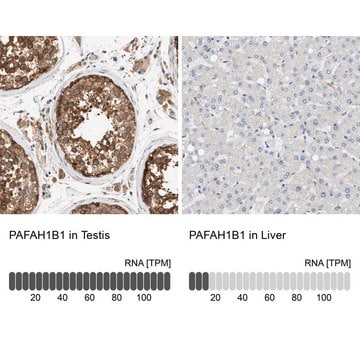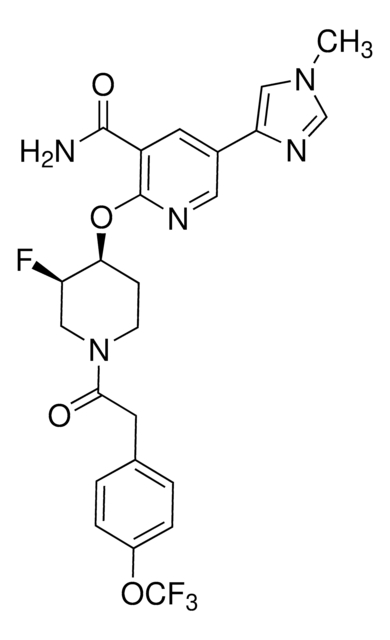L7391
Anti-LIS1 antibody, Mouse monoclonal
clone LIS1-338, purified from hybridoma cell culture
About This Item
Recommended Products
biological source
mouse
conjugate
unconjugated
antibody form
purified from hybridoma cell culture
antibody product type
primary antibodies
clone
LIS1-338, monoclonal
form
buffered aqueous solution
mol wt
antigen 46 kDa
species reactivity
zebrafish, chicken, rat, human, bovine, mouse
concentration
~2 mg/mL
technique(s)
immunoprecipitation (IP): suitable
microarray: suitable
western blot: 0.5-1 μg/mL using a rat brain cytosol preparation
isotype
IgG1
UniProt accession no.
shipped in
dry ice
storage temp.
−20°C
target post-translational modification
unmodified
SMILES string
CCCCC\C=C\C\C=C\CCCCCCCC(=O)OCC(O)COP(O)(O)=O
InChI
1S/C21H39O7P/c1-2-3-4-5-6-7-8-9-10-11-12-13-14-15-16-17-21(23)27-18-20(22)19-28-29(24,25)26/h6-7,9-10,20,22H,2-5,8,11-19H2,1H3,(H2,24,25,26)/b7-6+,10-9+
InChI key
ZQTAMPRZFOOEEP-AVQMFFATSA-N
Gene Information
human ... PAFAH1B1(5048)
mouse ... Pafah1b1(18472)
rat ... Pafah1b1(83572)
General description
Specificity
Immunogen
Application
Biochem/physiol Actions
Physical form
Disclaimer
Not finding the right product?
Try our Product Selector Tool.
Storage Class Code
10 - Combustible liquids
WGK
nwg
Flash Point(F)
Not applicable
Flash Point(C)
Not applicable
Certificates of Analysis (COA)
Search for Certificates of Analysis (COA) by entering the products Lot/Batch Number. Lot and Batch Numbers can be found on a product’s label following the words ‘Lot’ or ‘Batch’.
Already Own This Product?
Find documentation for the products that you have recently purchased in the Document Library.
Our team of scientists has experience in all areas of research including Life Science, Material Science, Chemical Synthesis, Chromatography, Analytical and many others.
Contact Technical Service








